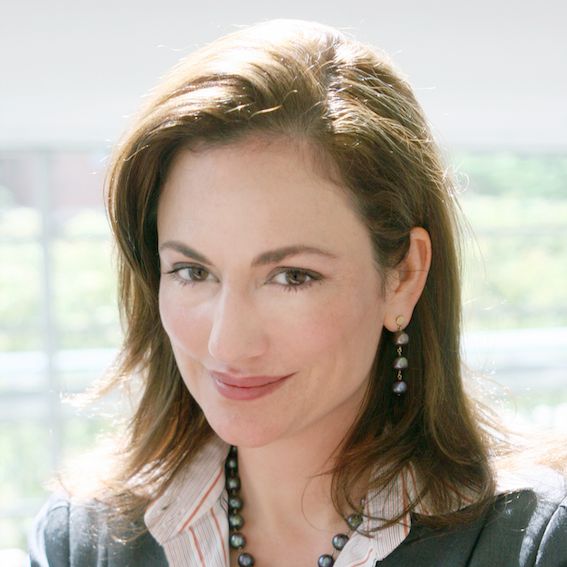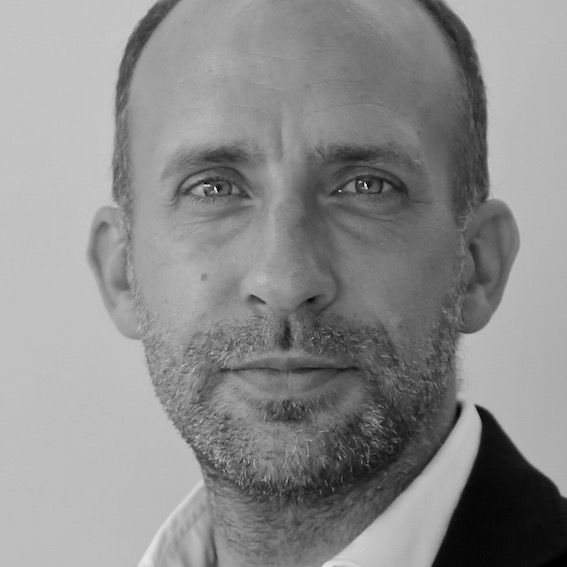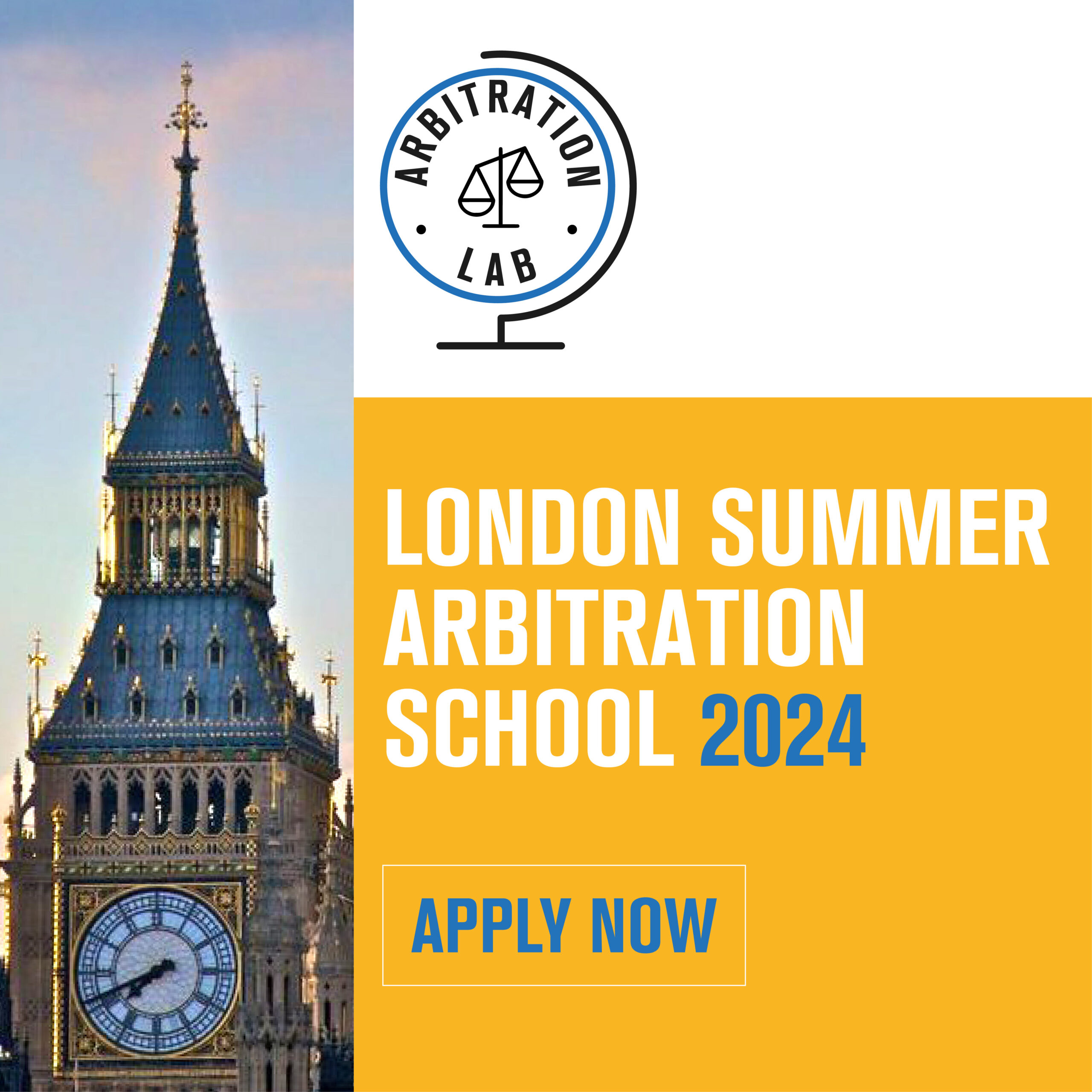 Professor Thomas Schultz (King’s College London and the University of Geneva) delivered the closing keynote address of the 2024 Basel Winter Arbitration School on Friday, 9 February 2024. The video of the keynote is now available online.
Professor Thomas Schultz (King’s College London and the University of Geneva) delivered the closing keynote address of the 2024 Basel Winter Arbitration School on Friday, 9 February 2024. The video of the keynote is now available online.
Investment arbitration, as a system, seems not to change much. Change the BITs, the decisions come out the same. Change the procedure, only experts seem to notice a real difference. Change who has a say in it by opening it to amicus curiae, their voices seem to fade out before they reach the award. And all the while, a diffused discontent simmers in political circles. How come? Has the system, like so many others, simply become disembedded from society, too much cut off from the rest of us?
Or perhaps the way we look at the system, the way we approach its dynamics, is formalistic and naive, leading interventions in it to misfire. Perhaps, also, we misunderstand what exactly the discontent is about, as we put all forms of investment arbitration in the same bag. Perhaps there is something about the way justice is thought of in investment arbitration that has departed from arbitration’s millennial history. And perhaps the way we argue about it all is like shouting across a wide chasm, mainly hearing the echo of our own voice.
The system of investment arbitration was built in the hope that the combination of the individual interests of its different actors would further common interests, the common good. That the functions it has for its different stakeholders would advance wider, higher aims for society. How has that worked out? Not so well, many studies suggest. But the studies may be too enthusiastic in their findings, based on a common error.
This lecture will tell these different stories of and about investment arbitration, and conclude by arguing for humility and caution as we approach this creature and try to find a way through to where we would want it to be.
Thomas is Associate Director of the Centre for International Governance and Dispute Resolution (CIGAD) and Professor of Law at The Dickson Poon School of Law, King’s College London and University of Geneva.


